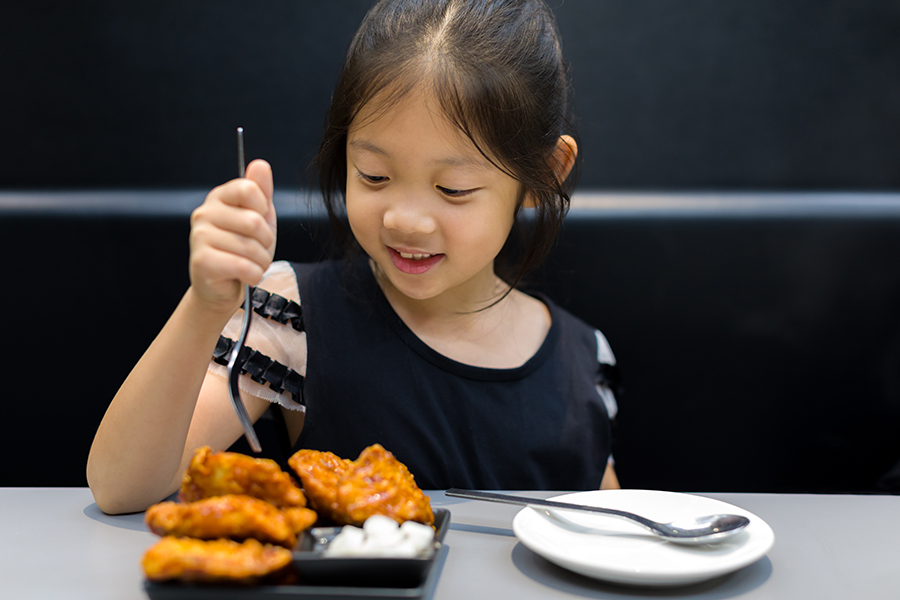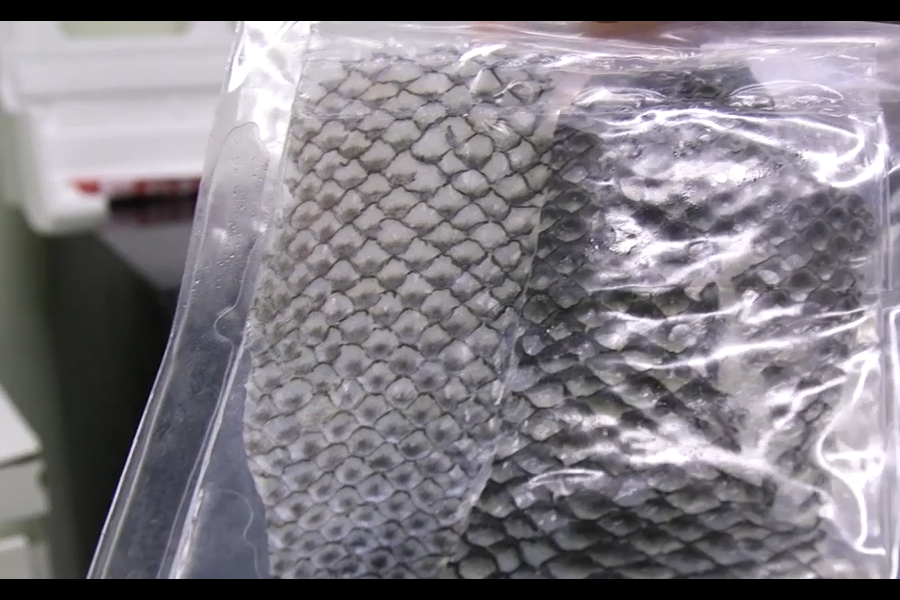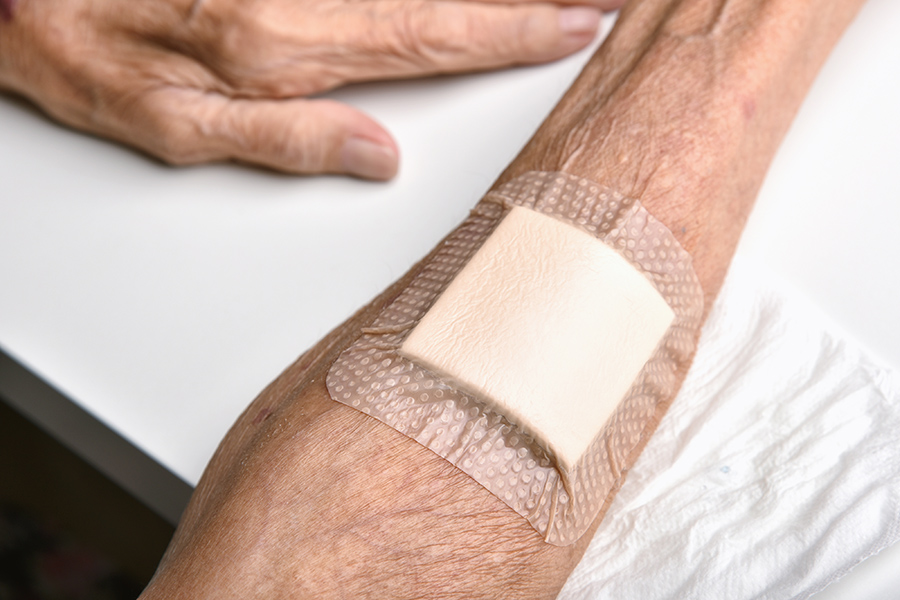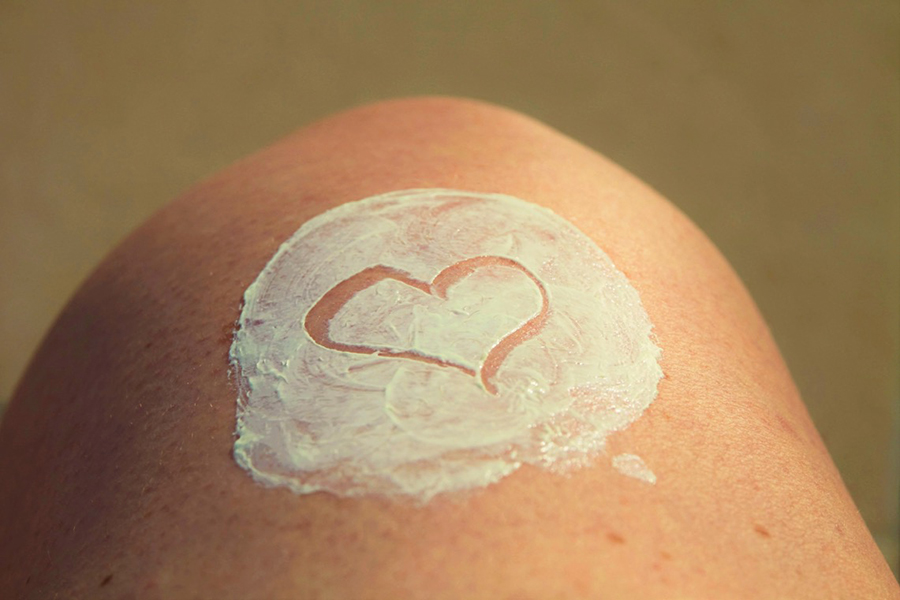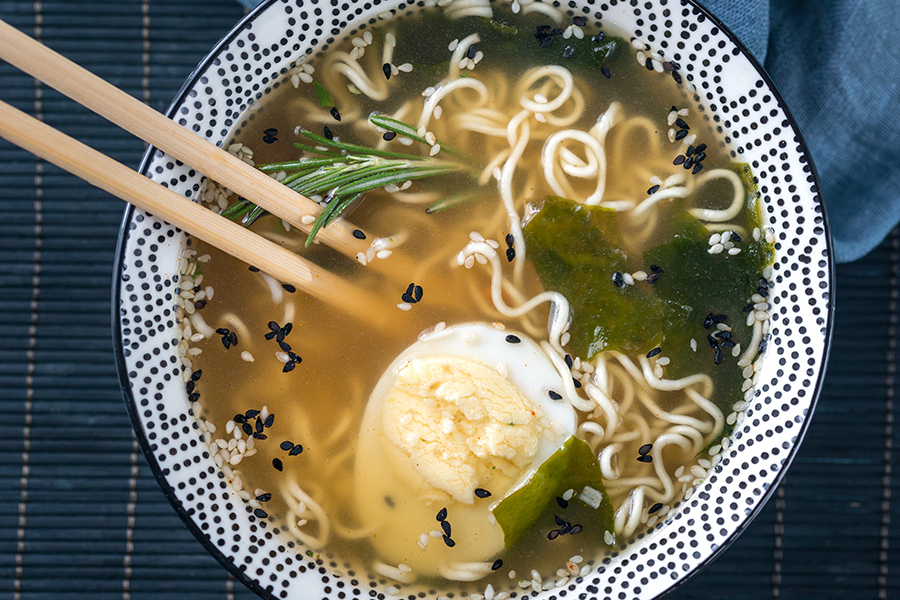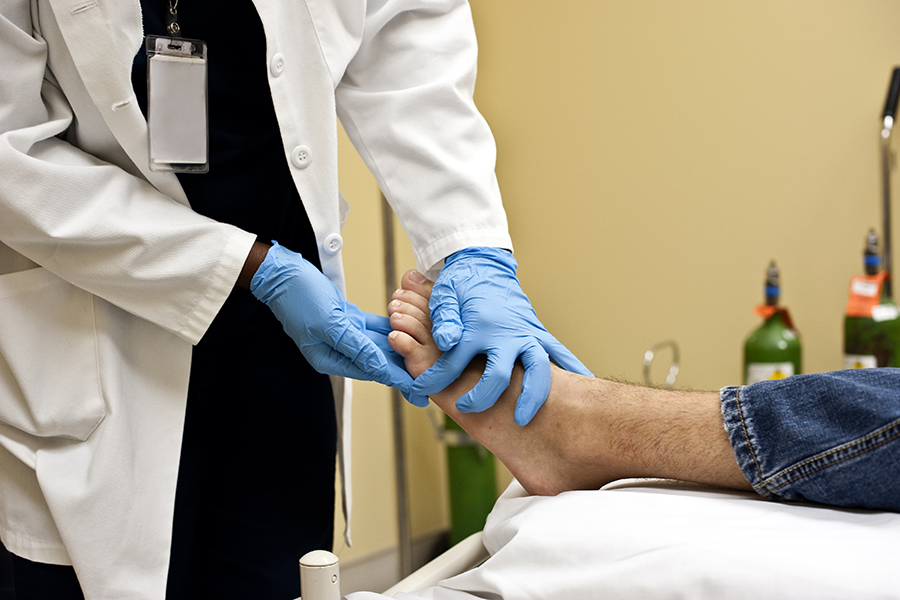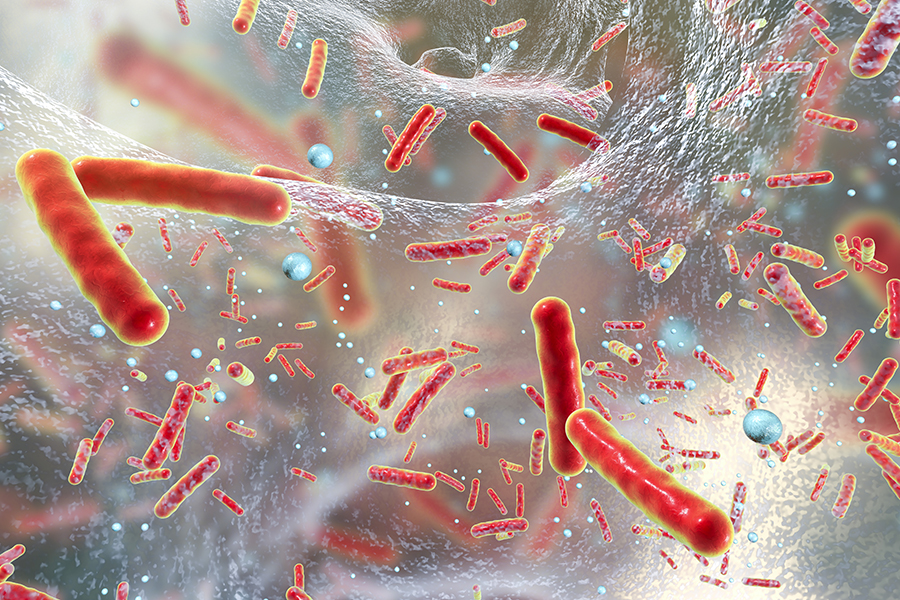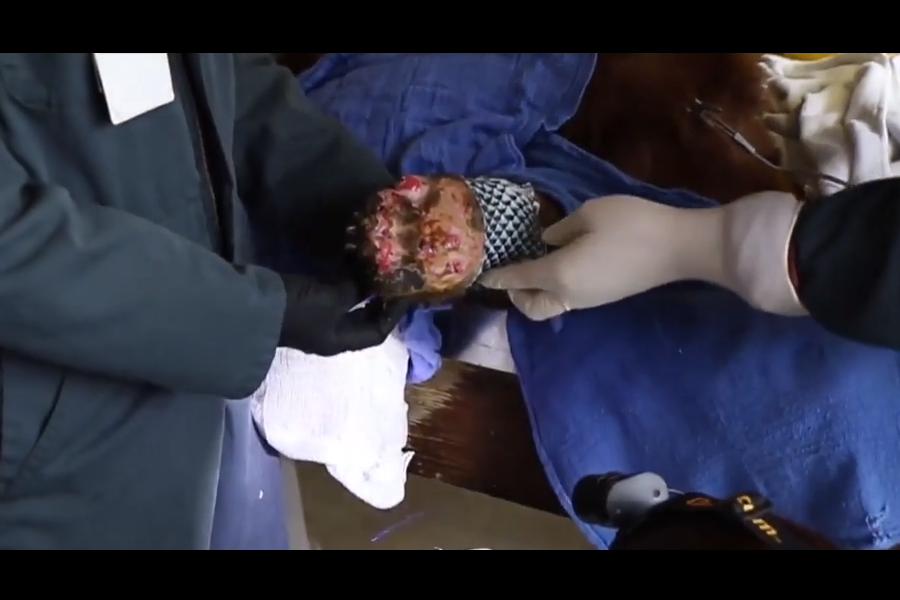A new study out of Seattle Children’s Hospital suggests guidelines to assess and manage the nutrition status of pediatric patients with complex wounds, i.e. pressure ulcers or dehisced surgical wounds. A multidisciplinary team identified key components of the wound healing process:
• Formal nutrition assessment to evaluate nutritional needs and intake, weight status, labs, etc.
• Multivitamin and mineral supplementation for patients with one or more of the following: consuming less than 75% of estimated needs, 5% weight loss, BMI or weight/length of < 10% or > 95th percentile for age, < 90% ideal body weight, or growth failure.
• Increased protein intake (20-25% above current prescription) for non-healing wounds.
• Evaluation of serum zinc and vitamin C levels and supplementation when deficiency is suspected and/or confirmed.
Source information provided by Thompson KL, et al.: “Nutrition Interventions to Optimize Pediatric Wound Healing: An Evidenced-Based Clinical Pathway“. Nutrition in Clinical Practice, published online 28 May 2014.






